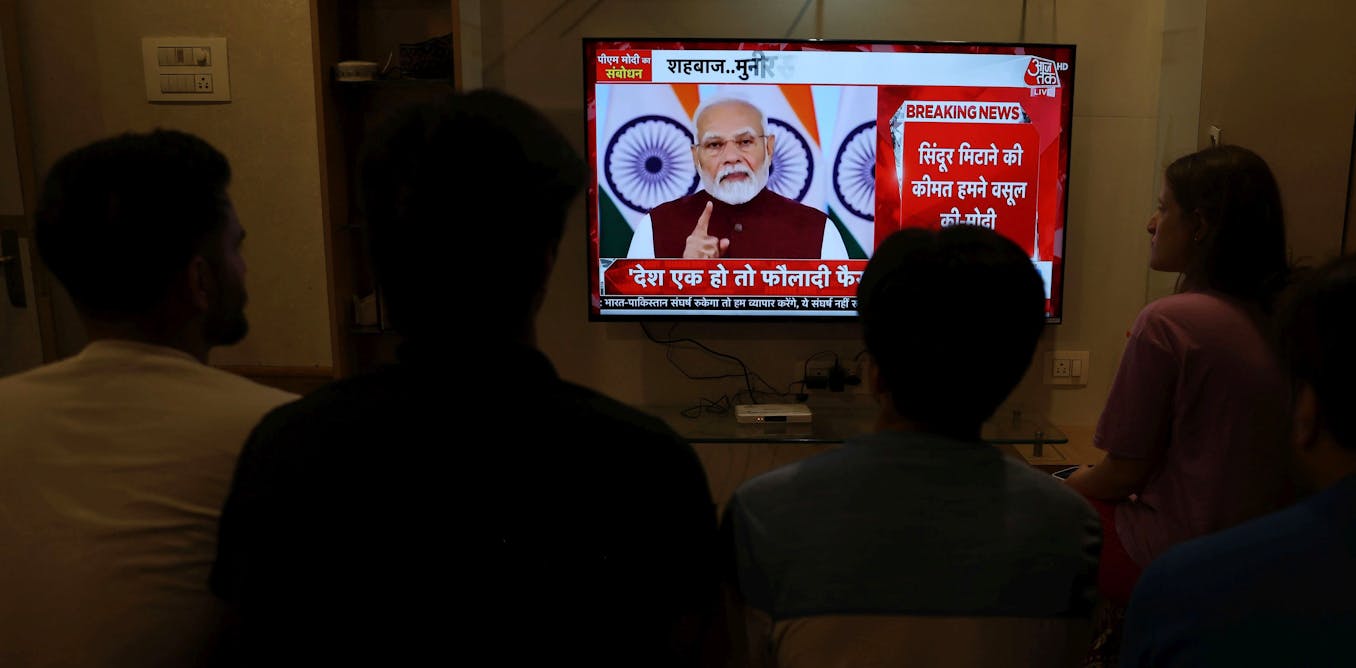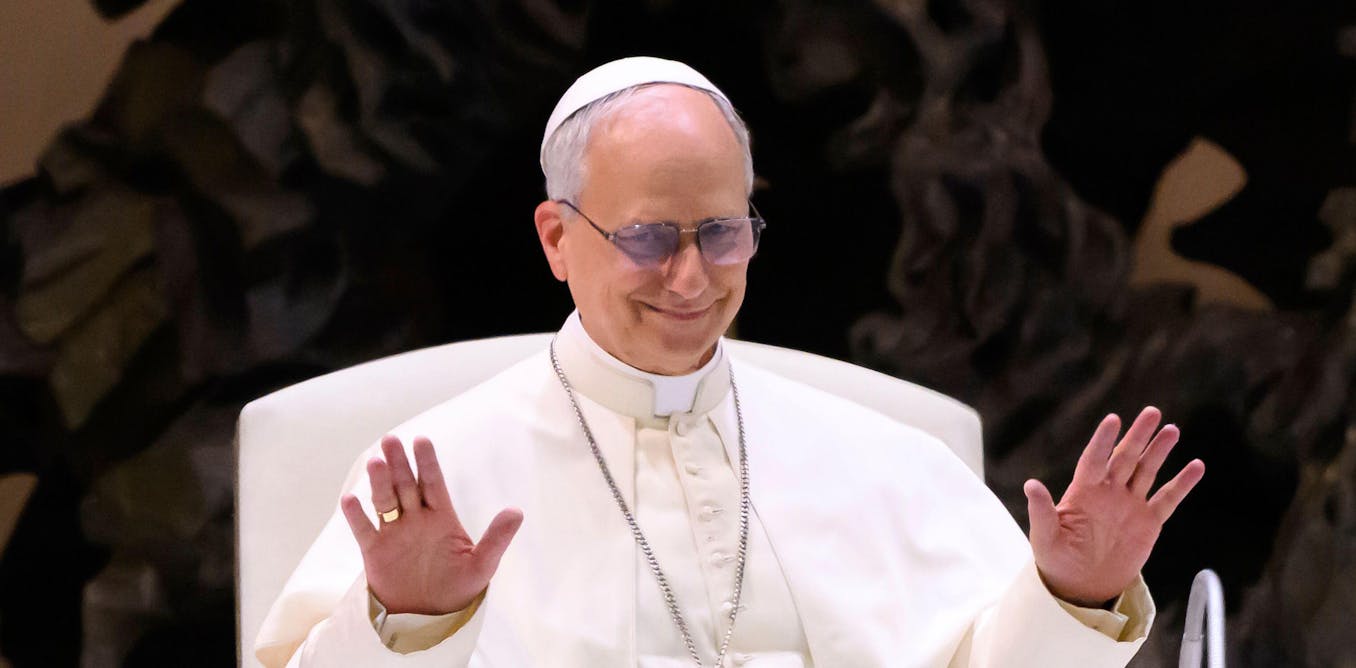Now Reading: India and Pakistan have agreed a precarious peace – but will it last?
-
01
India and Pakistan have agreed a precarious peace – but will it last?
India and Pakistan have agreed a precarious peace – but will it last?

India and Pakistan backed away from the brink of disaster on May 10 following a US-mediated ceasefire that halted the escalating tensions between the two nations. However, tensions remain high. Indian Prime Minister Narendra Modi stated on May 12 that India has merely “paused” its military actions against Pakistan and would respond “on its own terms” to any attacks.
The recent conflict started on April 22 when militants from a group called the Resistance Front, believed by India to be linked to the Lashkar-e-Taiba terrorist organization, killed 26 tourists in the scenic town of Pahalgam in Indian-administered Kashmir. India accuses Pakistan of involvement, which Pakistan denies.
The ceasefire reached amidst the escalating tensions demonstrates that internal considerations and international pressure can prevent the two parties from reaching a catastrophic point. However, the ceasefire remains fragile, raising doubts about its sustainability.
Recent history has shown that lasting ceasefires are achievable between India and Pakistan. In February 2021, the two countries’ militaries agreed to a ceasefire to end months of cross-border skirmishes, reaffirming an earlier understanding from 2003. This led to a significant decrease in border incidents, offering hope for a decline in armed rebellion in Kashmir.
However, the Kashmir issue remains central to Pakistan’s national identity and has been used as a political strategy, especially during periods of internal turmoil. The Pakistani army, facing economic and political challenges, has leveraged tensions with India to rally domestic support.
The recent ceasefire was established as tensions escalated, with military actions extending beyond Kashmir to military bases in Pakistan and north-western India. Islamabad’s actions, including signaling its nuclear capabilities, have raised concerns, given Pakistan’s lack of a “no-first use” nuclear weapons policy.
India, aiming to maintain the ceasefire, is keen on projecting itself as a rational and responsible actor on the global stage. Yet, decisions taken post the Pahalgam attack could fuel insurgency in Kashmir, risking further escalation with Pakistan.
Intervention by global powers, such as the US, may prevent future conflicts from spiraling out of control, though substantive talks are unlikely. While the US has offered to mediate, India prefers bilateral discussions on Kashmir. The US and other interested parties, like China, will likely continue efforts to manage the conflict, even if a comprehensive resolution seems remote.






